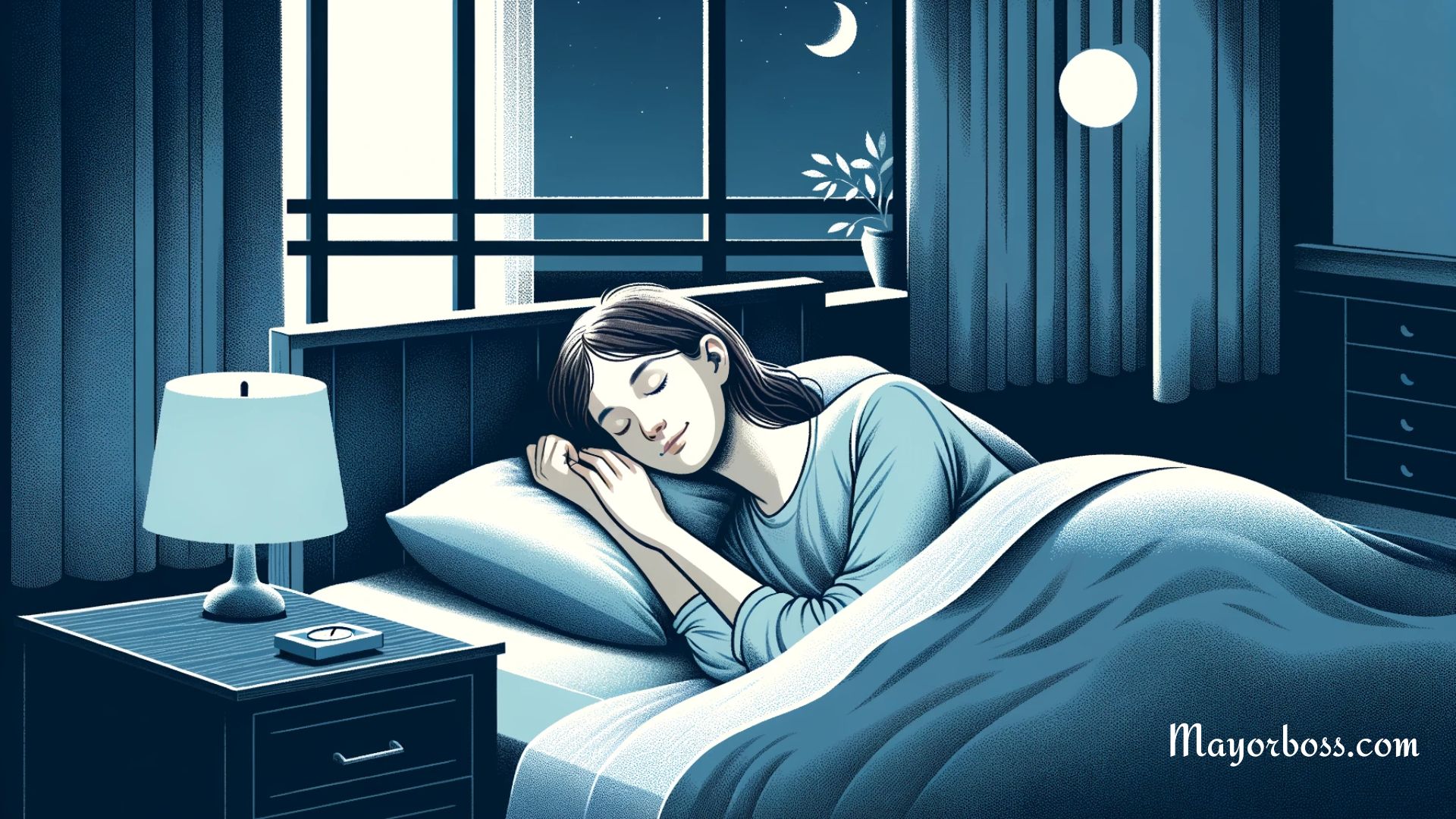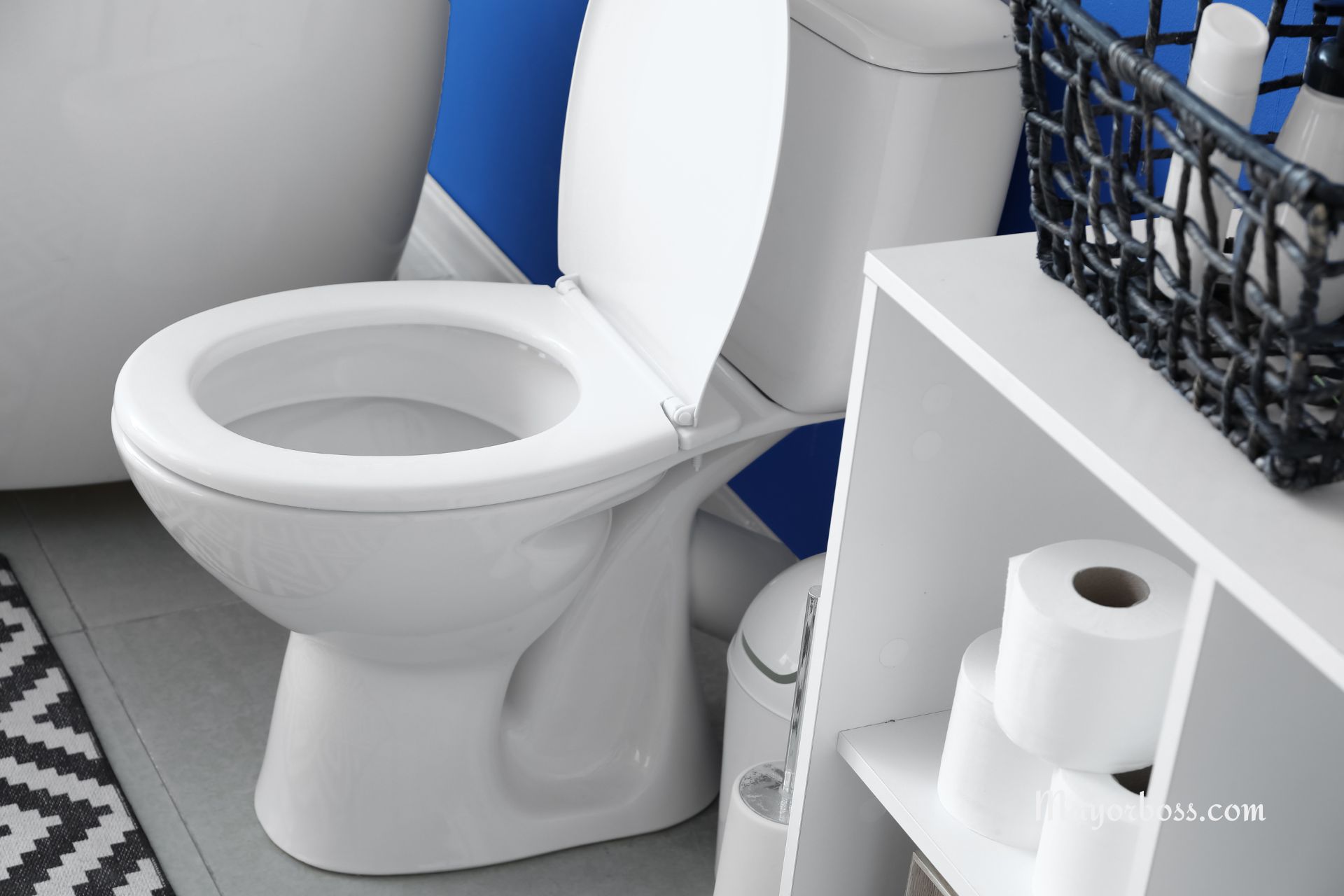Signs You Need To See A Urologist
Your body can be a puzzle, and sometimes, you might notice signs that something is amiss. You may, for example, find that certain functions are not as they should be. This can include situations related to your urinary and reproductive systems. More often than not, these could be indications that you need to consult a urologist.
But who exactly is a urologist, and why would you need to see one? Let’s dive deeper into the topic.
What is a Urologist?
A urologist is a medical specialist specializing in illnesses that affect both the male and female urinary tract and the male reproductive organs. They may, sometimes, also be involved in the treatment of issues concerning kidneys, adrenal glands, urethra, and bladder.
Before you brush off your symptoms, remember that it is important to listen to your body. So, when should you make an appointment? Let’s find out.
Signs You Need To See A Urologist
Frequent Urination
One of the clear signs that you might need to see a urologist is when you find yourself visiting the bathroom more often than usual. But how often is ‘too often’? There is no definitive number that qualifies as too frequent, but if you’re making more than eight trips in a 24-hour period, it may be time to consult a urologist.
Pain or Burning Sensation During Urination
If you have ever experienced a burning sensation during urination, you know how bad it can be. This, more often than not, could be a sign of a urinary tract infection (UTI), and it’s crucial that you do not ignore it. UTIs are often caused by bacteria and require immediate medical attention to prevent further complications.
Blood in Your Urine
Seeing blood in your urine can be frightening, and rightly so. This can often indicate serious conditions like urinary tract infections, bladder infections, or even kidney stones. Another possible cause can be bladder or kidney cancer. Therefore, you should see a urologist immediately if you notice blood in your urine.
Lower Back, Pelvic, or Side Pain
Pain in the lower back, pelvis, or sides can also be a sign that something is wrong. It’s possible that these pains are the result of kidney stones or infections. They may sometimes also indicate more serious conditions such as kidney disease.
Erectile Dysfunction
For men, erectile dysfunction is another sign that you may need to consult a urologist. This condition can include issues such as difficulty getting an erection, keeping an erection, or reduced sexual desire. While it’s a common condition, it’s also a sensitive one. However, if you’re experiencing these issues, it’s important to consult a urologist as it can often be a sign of underlying health problems.
Testicular Pain, Lump, or Swelling
For men, another condition to keep a watch for is testicular pain, lumps, or swelling. It is possible that these are signs of testicular cancer or other conditions such as hydrocele, varicocele, or epididymitis. Therefore, you should get any persistent testicular abnormalities checked by a urologist.
Incontinence
Incontinence, or the inability to control your bladder, is also a sign that you might need to see a urologist. This symptom can be due to various causes, including urinary tract infections, bladder disorders, and even neurological disorders.
What Conditions Do Urologists Treat?
Urologists are specialized doctors who diagnose and treat a range of conditions. They may be called upon to address a number of health issues, including but not limited to:
- Urinary Tract Infections (UTIs): Symptoms can include frequent urination, a burning sensation when urinating, and strong-smelling urine.
- Incontinence: This condition involves a loss of bladder control and can be caused by various factors such as urinary tract infections, overactive bladder, and neurological disorders.
- Kidney Disorders: Urologists can diagnose and treat kidney stones, blockages, and kidney disease.
- Bladder Control Problems: These can include issues such as frequent urination, overactive bladder, and urinary incontinence.
- Male Sexual Dysfunction: Conditions such as erectile dysfunction and premature ejaculation.
- Male Infertility: Urologists can help manage fertility issues in men, which may include problems with sperm production or delivery.
- Male Reproductive Health Issues: These could be conditions related to the testes and penis, such as testicular cancer, penile cancer, and Peyronie’s disease.
- Prostate Conditions: Urologists treat prostate conditions such as benign prostatic hyperplasia (an enlarged prostate), prostatitis (inflammation of the prostate), and prostate cancer.
- Urethral Strictures: This refers to a narrowing of the urethra, which can cause a weak urine stream, pain, or infections. Urologists can treat this through surgical or non-surgical methods.
- Cancers: Urologists can diagnose and treat cancers of the urinary tract and male reproductive organs, such as bladder cancer, kidney cancer, prostate cancer, and testicular cancer.
- Pediatric Urology: Some urologists specialize in treating children with urinary and genital conditions.
Remember, this is not an exhaustive list. If you have any symptoms that concern you, it is important to seek medical advice promptly. Even if you don’t see your condition listed here, a urologist may still be able to help.
What To Expect When Seeing A Urologist
Visiting a urologist for the first time can feel a bit intimidating, but knowing what to expect can help ease your worries.
Initial Consultation
During the initial consultation, your urologist will first take a thorough medical history. This includes asking about your current symptoms, previous medical conditions, lifestyle habits, and any medications you’re currently taking. You should be honest and detailed in your responses, as this information is crucial for the urologist to make an accurate diagnosis.
Physical Examination
Depending on your symptoms, a physical examination may follow. For men, this can include a physical examination of the genitals and a digital rectal examination to assess the health of the prostate. For women, a basic physical examination or referral to a urogynecologist may be more appropriate.
Diagnostic Tests
Diagnostic tests are an important part of urology. They may include:
- Urine tests to look for evidence of infection or other abnormalities.
- Blood tests to check for indications of kidney disease or prostate issues in men.
- Imaging tests, such as ultrasound, CT scans, or MRI, to get a detailed view of the urinary tract.
- Urodynamic tests measure the pressure and volume inside your bladder.
- Cystoscopy, where a thin tube with a camera is inserted through the urethra to inspect the bladder.
Discussing Results and Treatment Options
Once the urologist has all the necessary information, they will discuss the diagnosis with you. If a diagnosis can be made based on the consultation and tests, the urologist will explain your condition and discuss potential treatment options.
These options can range from lifestyle changes, medication, and physical therapy, to surgical procedures. Remember, you have the right to understand all the treatment options and to ask questions if you have any doubts.
Follow-up Visits
Your urologist may schedule follow-up visits to monitor your condition and adjust treatment as necessary. Regular follow-ups are especially important for chronic conditions or when monitoring the progress of a treatment plan.
Seeing a urologist can significantly improve your quality of life if you’re experiencing urinary or reproductive health issues. It is possible that you might feel anxious about your visit, but rest assured that urologists are trained professionals who are there to help you.
Remember to communicate openly, and don’t hesitate to ask questions or share concerns. Your active participation in your healthcare journey is an integral part of your treatment and recovery.






